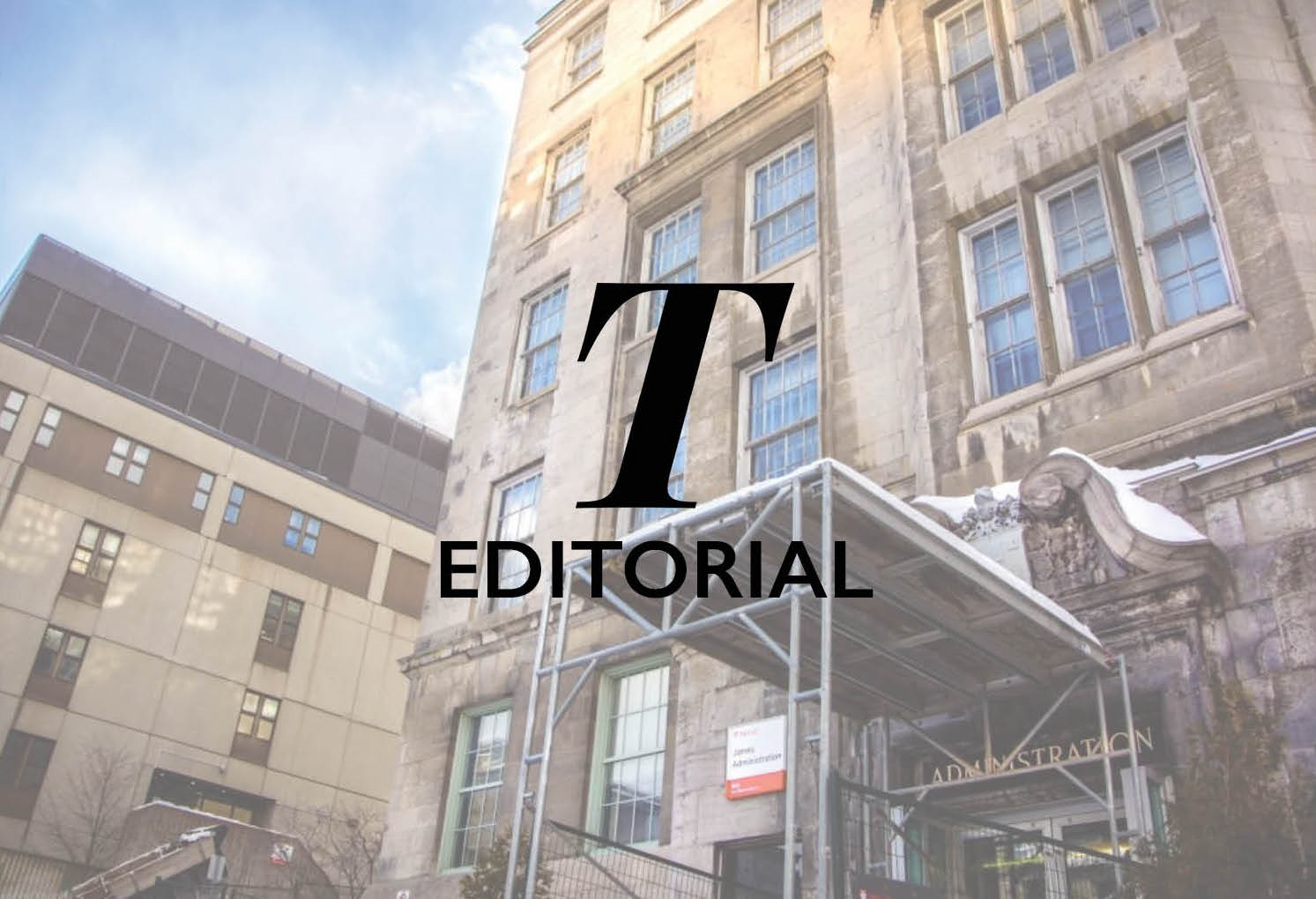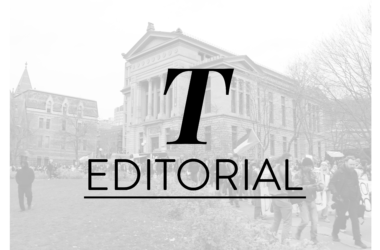On March 21, in a historic win for student activists, the Palestine Solidarity Policy, put together by Solidarity for Palestinian Human Rights McGill (SPHR), passed at the Winter 2022 Referendum with a 71.1 per cent approval. This win came after Elections SSMU initially removed it from the ballot based on a last-minute Judicial Board (J-Board) interim order—it was later reinstated following public backlash. Only three days after the policy’s approval, Deputy Provost (Student Life and Learning) Fabrice Labeau sent out a statement to the entire McGill community denouncing the policy and deeming it incompatible with McGill’s alleged values of inclusion, diversity, and respect. . Above all else, the email represents an attempt to suppress student activism at the expense of Palestinian students, dismissing activism and anti-Zionism as antisemitism. Moreover, threatening the Memorandum of Agreement (MoA) between the Students’ Society of McGill University (SSMU) and the administration sets a dangerous precedent whereby McGill disregards democratic proceedings and grossly oversteps their bounds. SSMU must reject these attempts unequivocally. If they back down, it will permanently stain the future of student activism at McGill.
Labeau’s statement uses inflammatory buzzwords and harmful misrepresentations of anti-Zionism in an attempt to intimidate those in support of the Palestine Solidarity Policy—and in doing so, it imposes the beliefs of administrators, the Board of Governors, and donors onto students. By branding the policy as contradictory to values of diversity and inclusion, while touting accusations of antisemitism without any real explanation, Labeau’s statement appears to be nothing more than a fear-mongering technique to silence those in opposition to Palestinian liberation and the profit McGill makes from investing in apartheid.
Rather than diffusing the situation, the administration’s move effectively exacerbates existing on-campus tension by threatening to jeopardize SSMU if they implement the democratically approved policy. The policy makes no mention of religion, yet by referencing antisemitism and Islamophobia, Labeau unnecessarily pits Jewish and Muslim students against each other. Jewish students at McGill who support the policy have even spoken out against the monolithic view that all Jewish people are Zionists.
Palestinian students face constant targeted, structural racism at McGill, but never receive any institutional support. The administration’s latest interference upholds the institutionalized oppression of Palestinians at the expense of student safety. If anything, Labeau’s statement reminds students exactly why the Palestine Solidarity Policy is necessary.
In calling the policy unconstitutional, Labeau is presumably referencing the 2016 J-Board ruling that bars SSMU from adopting an official position on geopolitical issues that do not directly affect students or events on campus. This ruling was specifically made to limit SSMU’s possible support for the Boycott, Divestment, and Sanctions movement. However, this ruling does not prohibit vocal support of Palestinian liberation. McGill must reassess not only their stance, but also their hypocrisy in voicing support for Ukraine while constantly shaming those looking to do the same for Palestine.
Fundamentally, as a union whose mandate is to represent the interest of students, SSMU requires a certain degree of autonomy, especially when student and administration interests are at odds. By dangling the termination of the MoA over the heads of executives, McGill is, once again, choosing profits over students and forgoing democratic practices. This complete disregard for SSMU’s democratic system sets an extremely dangerous precedent for the future.
Student activism has a strong legacy at McGill. McGill divested from South African apartheid in 1985 after sustained student pressure, proving the popular power of students. At the root of the struggle for the Palestine Solidarity Policy are Palestinian students who, faced with constant politicization, are put in positions where they have to prove themselves worthy of basic protection and support. The fight for McGill to so much as recognize the Palestinian struggle has been a long one, and it is imperative that Palestinian students not carry this burden alone.
Instead, all students must be active in their support, attending SPHR’s rallies and events and using the group’s email template to express frustration and solidarity. Those who wish to remain silent should weigh the costs of losing student democracy—especially for the sake of upholding a settler-colonial, apartheid state. SSMU president Darshan Daryanani has publicly stated that the policy’s implementation will continue as planned. To the 2022-2023 executive team: SSMU must stand their ground and remember that the students who passed this policy are those who elected them.






Pingback: Our unconscionable role in the Uyghur genocide - The McGill Tribune